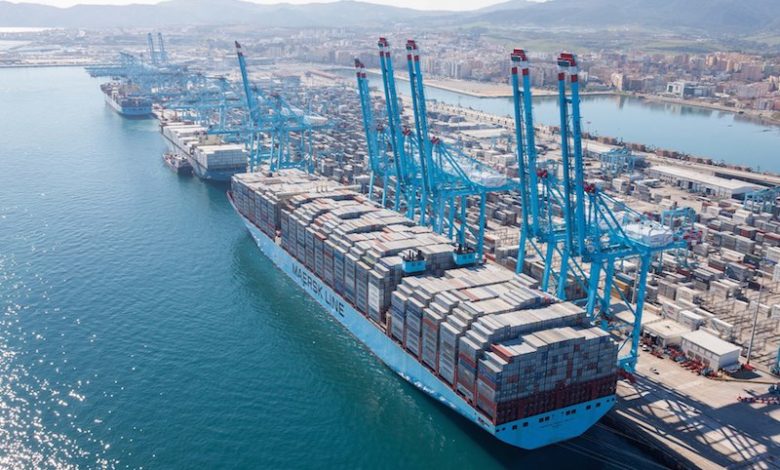Russian intelligence accused of bringing down Maersk’s IT infrastructure

Six Russian intelligence officers were charged by the US Justice Department with a string of hacking offences, including the NotPetya ransomware attack that cost Maersk, the world’s top containerline, hundreds of millions of dollars in lost revenues three years ago.
Justice Department officials said yesterday the Russian attacks were the “single most disruptive and destructive series of cyberattacks ever attributed to one group”.
Six men aged between 27 and 35 have been placed on the FBI’s wanted list following yesterday’s Justice Department news conference.
“No country has weaponised its cyber capabilities as maliciously and irresponsibly as Russia, wantonly causing unprecedented collateral damage to pursue small tactical advantages and to satisfy fits of spite,” assistant attorney general John Demers said in announcing the indictment.
The six computer hackers are all allegedly members of Unit 74455, the cyber hacking division of Russia’s intelligence services. Unit 74555 goes by a number of other names including Sandworm, BlackEnergy Group and Voodoo Bear.
As well as the Ukraine-targeted NotPetya attacks, which spread and caused global corporate damages of around $10bn, the group is accused of meddling in elections and sporting events such as the Olympics.
Maersk estimated that the NotPetya attack wiped up between $200m to $300m from its revenues in 2017. Since then the world’s second, third and fourth largest container lines – MSC, Cosco and CMA CGM – have all suffered hacks.


FBI votes Democrats.
This is a genuine fear among forwarders who are very light on the assets side when a supplier with assets turn into a competitor. The challenging task for Maersk is to phase out the forwarder model in such a way that they dont get stranded in between with forwarders not giving volumes and inability to generate volumes from direct shippers and consignee.